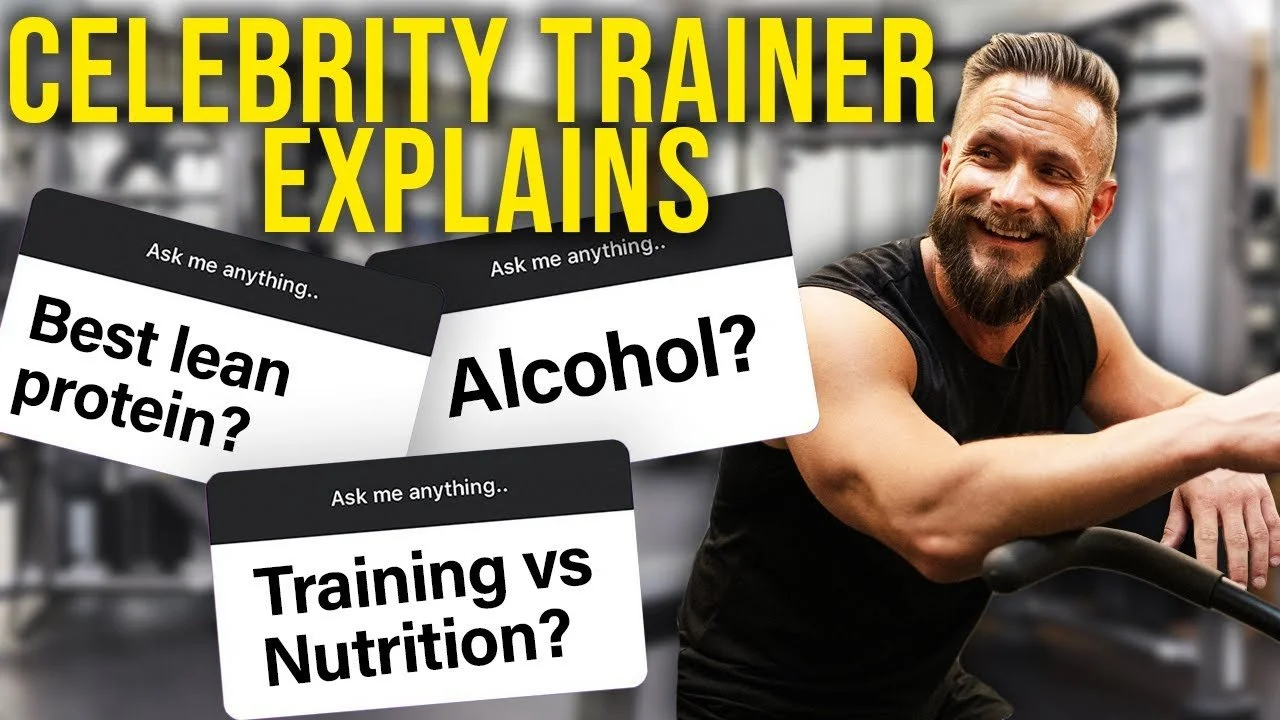Beginner’s Guide to Starting the Keto Diet Successfully
Starting a new diet can feel overwhelming, especially with so much information available. The ketogenic diet, or keto diet, has become incredibly popular in recent years. People claim it helps them lose weight, gain mental clarity, and improve their overall health. But where do you start? This guide will walk you through everything you need to know to get started on the keto diet successfully, without falling into common traps.
What is the Keto Diet?
The ketogenic diet is a low-carb, high-fat diet designed to push your body into a state called ketosis, where it burns fat for fuel instead of glucose. Normally, your body uses glucose, which comes from carbs, as its primary energy source. When you cut carbs down to around 5% of your total calorie intake, your body switches to burning fat, producing molecules called ketones to fuel the brain and other tissues.
The standard keto diet is comprised of:
70-80% fat
15-20% protein
5% or less carbs
That means you’ll be drastically reducing foods like bread, pasta, and potatoes in favor of high-fat, high-protein foods such as meats, eggs, cheese, and certain oils.
How Keto Works: Called Ketosis
The goal of keto is to push your body into ketosis. When your carbohydrate intake is low enough, the liver starts producing ketones from stored fat, which your body then uses for energy. This shift typically takes 2-4 days depending on your individual metabolism and level of activity.
The process may sound simple, but getting into and staying in ketosis requires discipline, especially in reading food labels and keeping track of your net carbs.
Net carbs are calculated by subtracting fiber and sugar alcohols from total carbohydrates. For most people starting out on keto, keeping carbs below 50 grams a day is crucial to enter ketosis.
What to Eat and Avoid
Before diving in, it’s important to know what to put on your plate. To get into ketosis, you’ll need to focus on consuming high-fat foods and moderate amounts of high-protein sources. Here’s a breakdown of keto-friendly foods to incorporate into your meals:
Foods to Eat:
Meats: Beef, pork, chicken, turkey, lamb
Fish: Salmon, mackerel, sardines (great sources of saturated fats)
Eggs: Organic, free-range if possible
Dairy: Cheese, butter, heavy cream
Healthy oils: Olive oil, coconut oil, avocado oil
Nuts and seeds: Almonds, walnuts, chia seeds, flaxseeds
Carb veggies: Leafy greens like spinach, kale, broccoli, cauliflower
Berries: Strawberries, blueberries (in moderation)
Foods to Avoid:
Carbs: Bread, rice, pasta, potatoes, and other grains
Sugary foods: Cakes, cookies, candy, soda
Processed junk food: Anything high in net carbs or added sugars
Fruit: Most fruit is too high in carbs for a ketogenic diet, with the exception of berries in small amounts
Starches: Corn, beans, legumes
Common Challenges: Keto Flu and Side Effects
Many beginners experience what’s known as the keto flu during the first few days of transitioning into ketosis. Symptoms include fatigue, headaches, nausea, and irritability. These occur because your body is adjusting to a new fuel source and losing electrolytes as you flush out water weight.
To avoid or minimize the side effects of keto flu, make sure to:
Drink plenty of water to stay hydrated
Replenish electrolytes with salt, magnesium, and potassium
Eat enough high protein meals to sustain energy
The keto flu is usually temporary and fades after a few days, but staying on top of hydration and proper nutrition can make the process easier.
Health Benefits and Risks
The keto diet has a range of health benefits that can help with weight loss, improve mental clarity, and even reduce the risk of certain diseases. Studies have shown that keto can lower blood pressure and improve cholesterol levels. It's also been found effective for people managing type 2 diabetes, as the reduction in carbs leads to lower blood sugar levels.
However, a high fat diet isn’t for everyone. Some health experts express concerns about the long-term effects of a diet high in saturated fats, especially for people with a history of heart disease. Always check with your doctor before starting any new diet, especially if you have existing health conditions.
Ketosis vs Atkins Diet
Many people confuse the ketogenic diet with the Atkins diet since both focus on cutting carbs. However, while Atkins starts with a very low-carb phase, it gradually reintroduces carbs over time. The keto diet, on the other hand, keeps carbs consistently low to maintain ketosis long-term.
If your goal is burning fat and maintaining weight loss, keto could be more effective than short-term carb diets like Atkins, but again, it’s important to choose a plan that works for you.
Long-Term Success on Keto
The keto diet can be sustainable long term, but it’s important to find balance. You don’t want to feel deprived, so occasionally incorporating a treat or keto-friendly dessert can help you stick to the diet. It’s also crucial to listen to your body. If you find yourself feeling sluggish or mentally drained, adjust your fat, protein, and carb intake.
Learning to read food labels and understanding what fits into your high-fat diet is key to avoiding hidden sugars and carbs. Once you’re more familiar with keto foods, it becomes easier to plan meals and snacks.
Is Keto Right for You?
The keto diet can be an excellent tool for those looking to lose weight and improve their health. However, it’s not necessarily better than other carb diets, unless you can commit to the lifestyle. If your goal is weight loss, a strategy that fits your daily routine and keeps you satisfied is the key to success.
Many people swear by keto because it not only helps them lose weight but also makes them feel more energized and focused. Others might find it too restrictive. The most important factor is consistency—no matter which diet you choose, it has to be something you can stick with for the long term.
Ready To Start Keto?
Starting the ketogenic diet can feel challenging, but with the right mindset and information, you can succeed. Focus on high-quality, keto-friendly foods, drink plenty of water, and track your carbs to stay in ketosis. As with any diet, listen to your body and make adjustments as needed. Once you’ve adapted, you’ll likely see the benefits not only in terms of weight loss, but in improved energy and mental clarity.
So, is keto the diet for you? The only way to know is to try it out. You might just find it’s the solution you’ve been looking for.
Ready to take your fitness and nutrition to the next level? Download the Magnus Method App today and get access to customized workout plans, a recipe guide, and everything you need to achieve your goals. Start your journey now—your best self is just a click away!




























